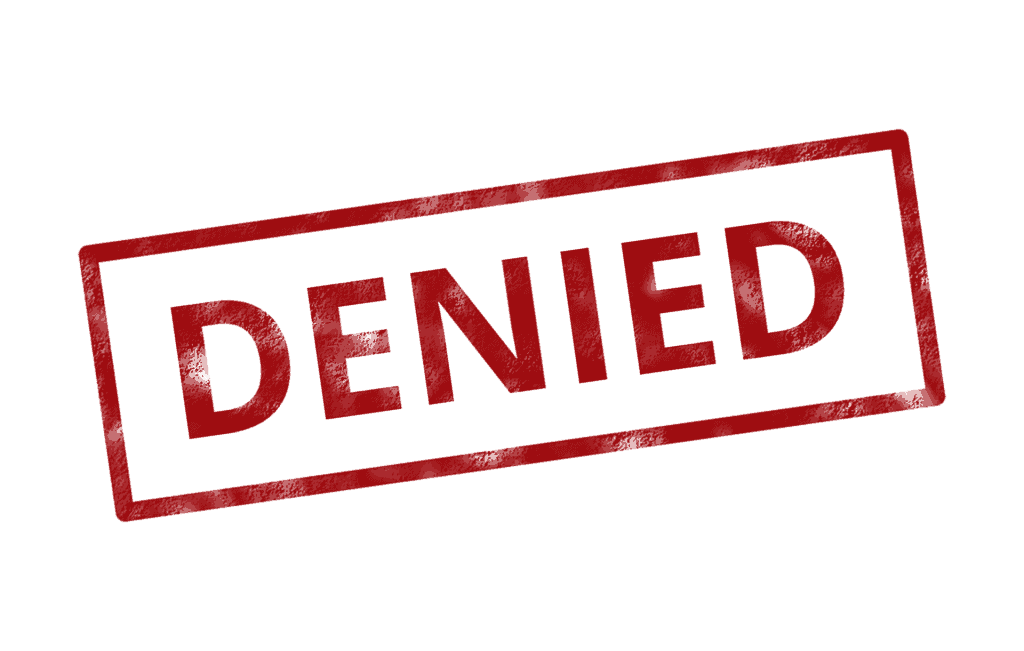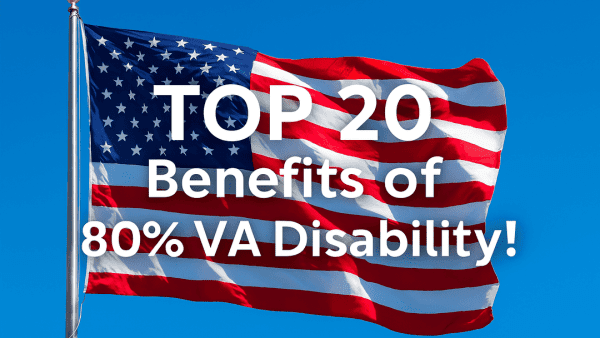Looking for Expert-Level VA Claim Answers?📱Call Us Now! 737-295-2226
Have you come back after the hard work and sweat equity you put into filing only to find out that the VA denied your claim? Or do you fear that if you took the time to file a claim it would all be a waste of time?
Sure feels hopeless doesn’t it? Thankfully, we have good news for you.
A denied claim is not the end of the road.
The VA’s History of Denying Claims
At this time around 31% of all claims made to the VA are denied. That’s a big number (roughly 1 in 3!) and can seem daunting. Believe it or not, though, this is an improvement. Veterans who served 100 years ago, in WWI, were denied a staggering 85 percent of the time!
But it’s still not good enough. Investigations into the VA have found that 60 percent of all denials are made because of error. In fact, a recent investigation by the VA’s Office of Inspector General discovered that during a period of 6 months in 2017, a whopping $53 million was held back from veterans because their medical claims were wrongly denied.
Clearly, the VA has some work to do!
Fortunately, as of February 2019, major reforms were passed in by Congress and signed by President Trump which has, so far, brought about promising results.
But there’s still a lot to go.
And that doesn’t help you if you’ve already been denied.
So What Can I Do After Being Denied?
The first step is to clear your head. Don’t let anger or frustration cloud your thinking. Don’t despair and let discouragement take over. Some VA Regional Offices have been found to deny as many as 71% of their claims just due to processing errors. This can be overcome by submitting an appeal.
If you choose to appeal, start by gathering more evidence, if possible. No matter how strong your evidence was in the first place, it’s always better to have more in regards to getting a claim approved. This is up to you, for even though the VA is supposed to help you, they can’t be as expected to be as invested in your health as you are. Part of the evidence you can gather that can be very helpful are buddy statements. In addition to medical evidence which proves the service-connection. Collect as many of those as possible about your service-connected health condition.
Also, be sure to be decisive and meet your deadlines. There is a year-long deadline to appeal after receiving news of your claim being denied. Also, during the appeals process, there will be constant other deadlines along the way. So be vigilant and on top of your work. Missing a deadline can mean an automatic closing of your appeal.
While getting ready to appeal, be sure that you are ready to keep copies and records of the entire process. It’s recommended that you only use certified mail and have it signed upon receipt. This is to ensure you have proof on hand that you did not miss any filing deadlines.
Finally, double-check everything! The last move you want to make is allowing yourself to grow tired or complacent, only to see your appeal be denied because of a minor mistake. Go through everything until you are fully satisfied all is put together the way it should be.

There is Hope for your VA Claim
Since reforms were enacted this past year the appeals process has been shortened and more veterans have appealed successfully. A denial from the VA is, by no means, the end of your chances to get the disability benefits you rightly deserve from serving the military.
Been denied from the VA is frustrating and can cause a feeling of hopelessness if you’re facing this problem on your own. Check into our team of coaches who have years of experience on appeals.
Become an Insider
We’re Veterans helping Veterans Worldwide™, and since 2016 we’ve helped 10,000+ Veterans just like you INCREASE their VA disability rating!
About the Author

About VA Claims Insider
VA Claims Insider is an education-based coaching/consulting company. We’re here for disabled veterans exploring eligibility for increased VA disability benefits and who wish to learn more about that process. We also connect veterans with independent medical professionals in our referral network for medical examinations, disability evaluations, and credible independent medical opinions and nexus statements (medical nexus letters) for a wide range of disability conditions.




